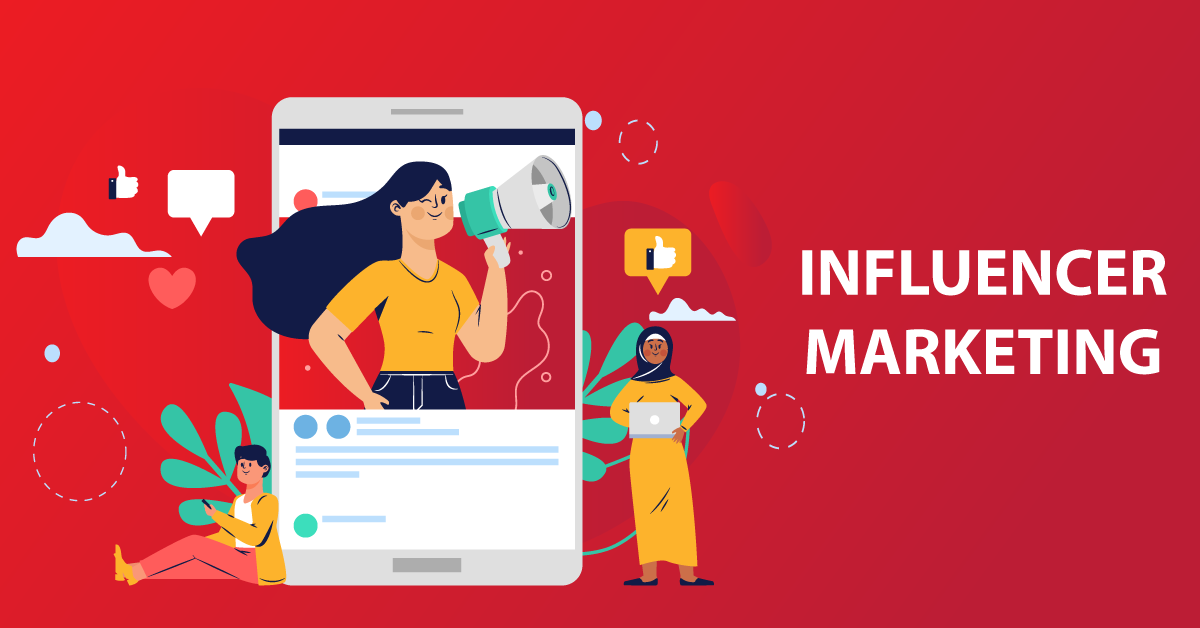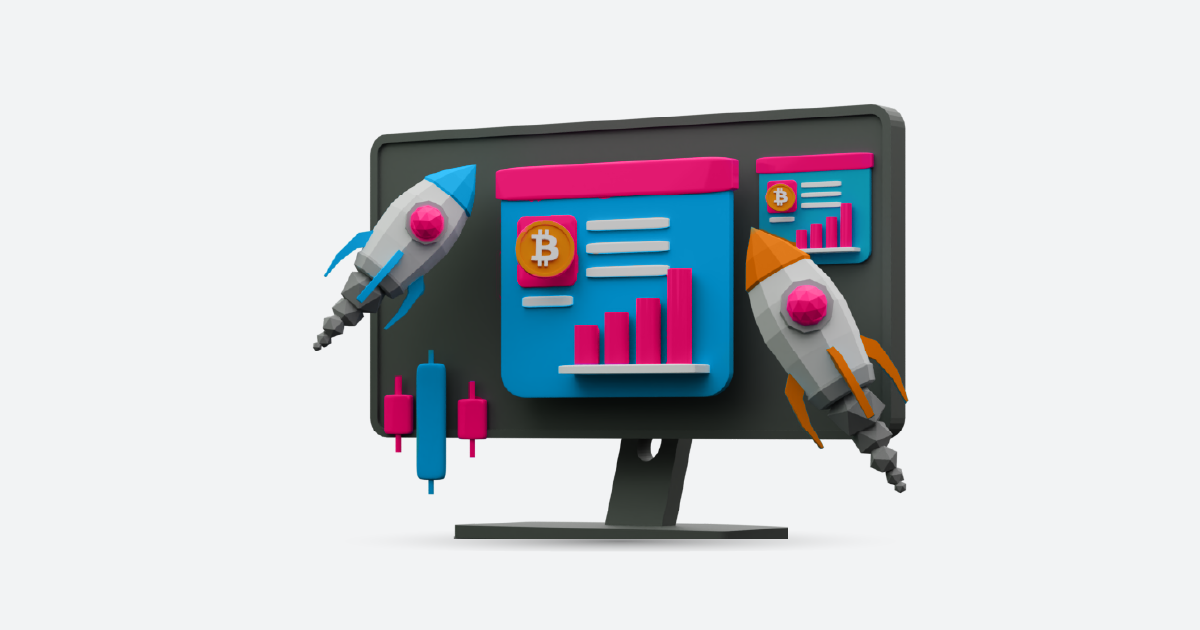In the fast-paced digital era, marketing strategies constantly evolve to keep up with consumer trends. One such strategy that has gained immense popularity is digital influencer marketing. Leveraging the reach and influence of individuals across various online platforms, brands can connect with their target audience more authentically and engagingly.
Definition of Digital Influencer Marketing

Digital influencer marketing involves collaborating with individuals who have a significant online presence to promote a brand’s products or services. These influencers, with their large following, can sway consumer opinions and contribute to a brand’s success in the digital space.
Importance in the Digital Age
As traditional advertising methods lose their effectiveness, brands are turning to digital influencer marketing to connect with audiences authentically. The rise of social media platforms has given influencers a unique ability to reach and influence diverse demographics.
Key Components of Digital Influencer Marketing
1. Identifying the Right Influencers
The success of a digital influencer marketing campaign hinges on selecting influencers whose values align with the brand. Identifying influencers with an authentic connection to the target audience ensures a more genuine brand representation.
2. Building Authentic Relationships
Establishing genuine relationships with influencers is crucial. Brands need to go beyond transactional collaborations and foster long-term partnerships that resonate with both the influencer’s and the brand’s values.
3. Crafting Compelling Content
Content is king in the digital realm. Collaborating with influencers to create engaging and authentic content is key to capturing the audience’s attention and driving brand awareness.
4. Leveraging Multiple Platforms
Diversifying the platforms used in influencer marketing expands the brand’s reach. From Instagram to YouTube and TikTok, each platform offers a unique way to connect with different segments of the target audience.
Benefits of Digital Influencer Marketing
1. Increased Brand Awareness
Digital influencer marketing provides a powerful platform for brands to increase their visibility. Influencers’ followers trust their recommendations, leading to a broader audience becoming aware of the brand.
2. Enhanced Credibility
Endorsements from trusted influencers lend credibility to a brand. Consumers are more likely to trust a product or service when it comes recommended by someone they follow and admire.
3. Targeted Audience Engagement
Influencers can help brands tailor their message to specific demographics, ensuring that marketing efforts are directed at the most relevant audience segments.
Challenges and Solutions
1. Authenticity Concerns
One challenge in influencer marketing is the authenticity of endorsements. To address this, brands must collaborate with influencers who genuinely believe in their products or services.
2. Measuring ROI
Measuring the return on investment in influencer marketing can be challenging. Implementing robust analytics and tracking systems helps brands assess the success of their campaigns and adjust strategies accordingly.
3. Overcoming Saturation
As the influencer marketing space becomes saturated, brands must differentiate themselves. Focusing on unique collaborations and innovative content helps brands stand out in a crowded digital landscape.
The Future of Digital Influencer Marketing
1. Emerging Trends
Staying ahead of industry trends is crucial for brands and influencers. From the rise of nano-influencers to the impact of augmented reality, understanding emerging trends helps shape effective strategies.
2. Evolving Platforms
As social media platforms evolve, so do the opportunities for influencer marketing. Brands must adapt to changes in algorithms and user behavior to maximize the impact of their influencer collaborations.
Tips for Brands and Influencers
1. Establishing Clear Objectives
Clear objectives guide influencer marketing campaigns. Whether the goal is brand awareness, lead generation, or sales, having a well-defined purpose enhances the effectiveness of collaborations.
2. Fostering Long-Term Partnerships
Building lasting relationships with influencers benefits both parties. Long-term partnerships enable influencers to authentically integrate the brand into their content, creating a more natural and resonant message.
3. Adapting to Industry Changes
The digital landscape is ever-changing. Brands and influencers must stay adaptable, embracing new technologies and adjusting strategies to remain relevant and effective.
Common Mistakes to Avoid
1. Lack of Authenticity
Authenticity is the cornerstone of influencer marketing. Brands that prioritize authenticity over promotional messaging build trust with their audience and cultivate a positive brand image.
2. Ignoring Micro-Influencers
While mega-influencers have massive reach, micro-influencers often have higher engagement rates. Ignoring the potential of micro-influencers can be a missed opportunity for brands seeking genuine connections with niche audiences.
3. Neglecting Analytics
Data-driven insights are essential for refining influencer marketing strategies. Neglecting analytics hinders a brand’s ability to assess the impact of campaigns and make informed decisions for future collaborations.
Impact on Consumer Behavior
1. Influence on Purchasing Decisions
Influencers play a significant role in shaping consumer preferences. Their recommendations often influence purchasing decisions, making influencer marketing a powerful tool for driving sales.
2. Building Trust with Consumers
Consistent and authentic collaborations with influencers contribute to building trust with consumers. Trust is a valuable currency in the digital age, and influencer marketing helps brands earn it.
Conclusion
In conclusion, digital influencer marketing has become an indispensable strategy for brands looking to thrive in the digital landscape. By navigating the challenges, embracing emerging trends, and prioritizing authenticity, brands can build meaningful connections with their target audience.
To explore how AIM Technologies can elevate your digital marketing strategies, request a demo today. Take the first step toward unlocking the full potential of influencer marketing.
FAQs
Are influencers only effective for certain industries?
- No, influencers can be effective across various industries. The key is to find influencers whose audience aligns with the brand’s target demographic.
How can brands measure the success of influencer marketing campaigns?
- Brands can measure success through key performance indicators (KPIs) such as engagement rates, click-through rates, and conversion rates.
Is it necessary to collaborate with influencers on multiple platforms?
- Diversifying platforms can enhance reach, but the choice of platforms should align with the target audience’s preferences.
What role do micro-influencers play in influencer marketing?
- Micro-influencers often have a more engaged and niche audience, making them valuable for brands looking for authentic connections.
How can brands ensure authenticity in influencer collaborations?
- Brands should select influencers who genuinely resonate with their values and products, fostering authenticity in the partnership.




